The current allocation of 14 days for fathers dates back to 2002 and at the time was much longer than in other European nations.
But much more generous leave systems have since been set up, with Nordic countries and also some southern states leading the way.
“This reform will allow France to move from a mid-ranking position in Europe to the group of leading countries, along with Spain, Sweden, Norway and Portugal,” an Elysee official said.
Le congé #paternité passe à un mois. Et chez nos voisins ? >>https://t.co/K4vrLBsnfl via @le_Parisien pic.twitter.com/iYlTpN0dNa
— Le Parisien Infog (@LeParisienInfog) September 22, 2020
“Time is an essential factor in establishing an important link between the child and the parents. Currently, this 14-day period is too short,” the official added.
The official acknowledged that for Macron it is an “extremely consensual reform” since “80 percent of the population is in favour”.
Macron later clarified that seven days of the 28 days allowance would be compulsory for new dads to take.
He said in a speech at a family centre in Essonne: “We're going to increase paternity leave to one month, a month in which there will be seven mandatory days for each young father. (…) This is a measure for greater equality between men and women.”
A commission Macron set up last November on the importance of a child's first 1,000 days, led by the prominent French psychiatrist Boris Cyrulnik, recommended an even longer period of nine weeks paternity leave.
“Doubling is already a fairly big change in terms of cultural development and for the place of fathers with children,” the Elysee official said.

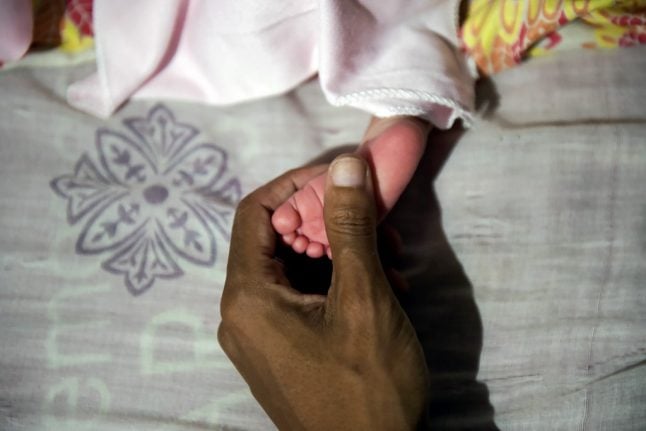
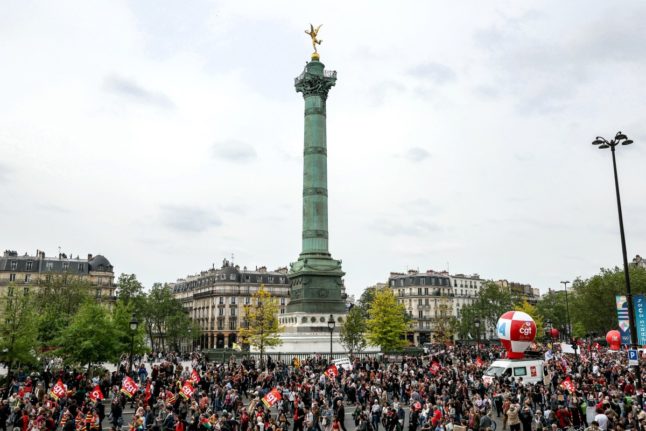
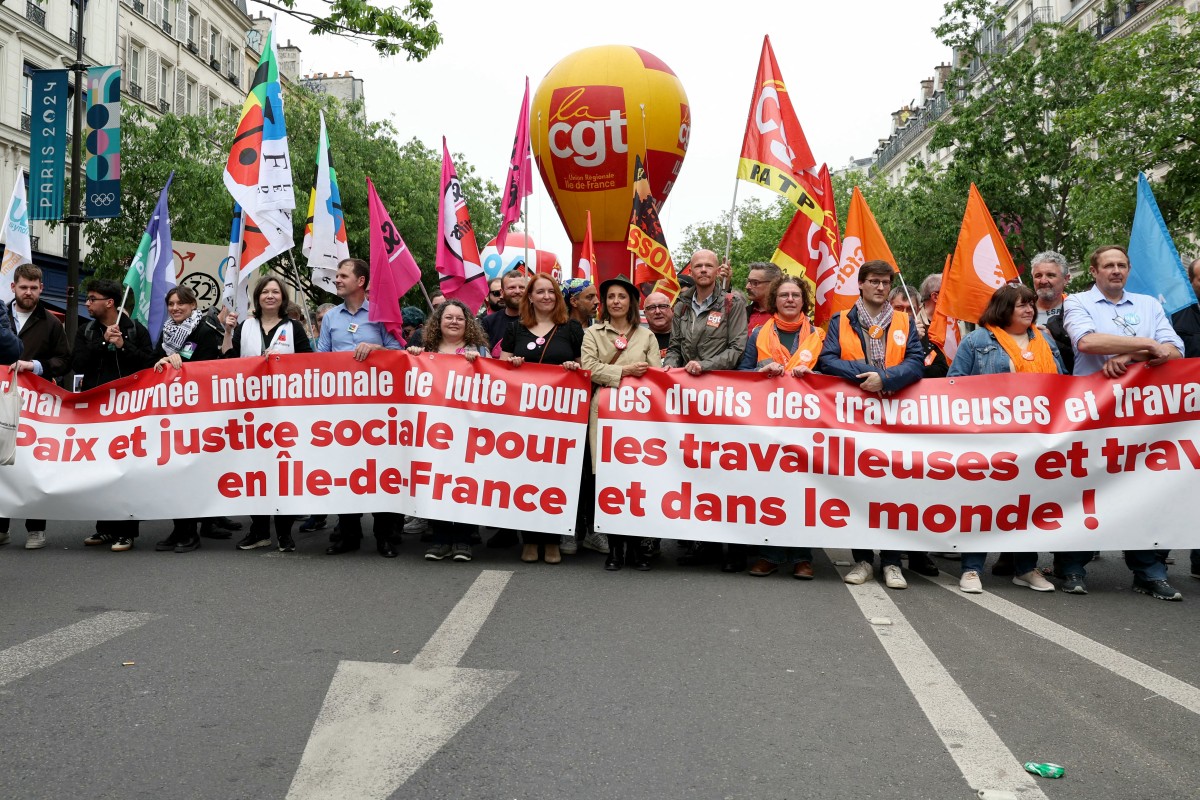
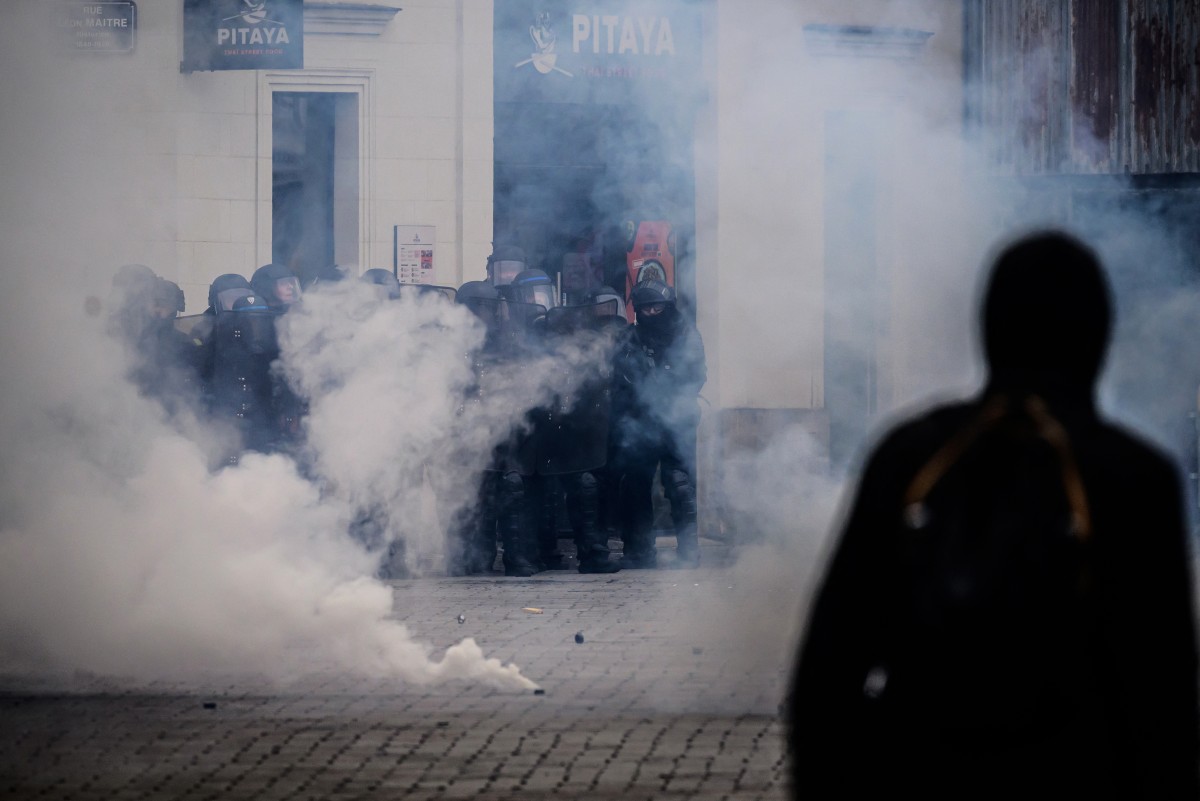
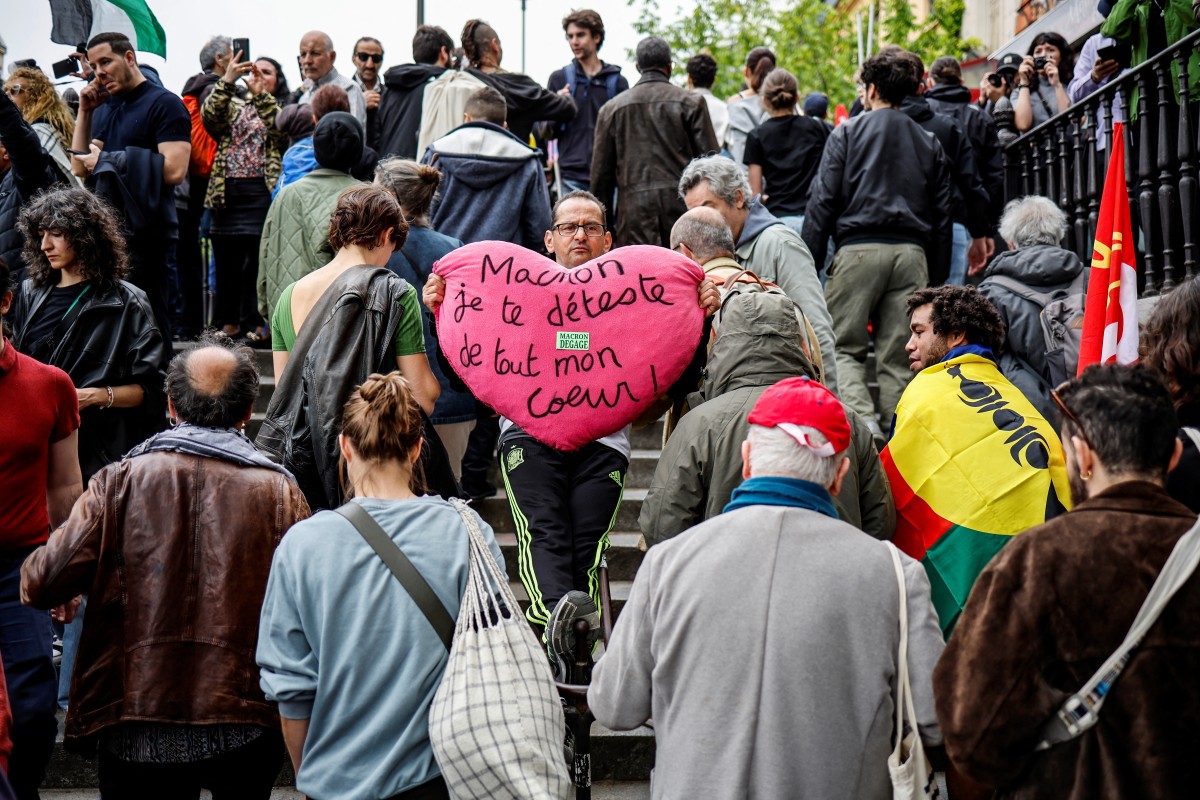

 Please whitelist us to continue reading.
Please whitelist us to continue reading.
Why bother “working” at all?